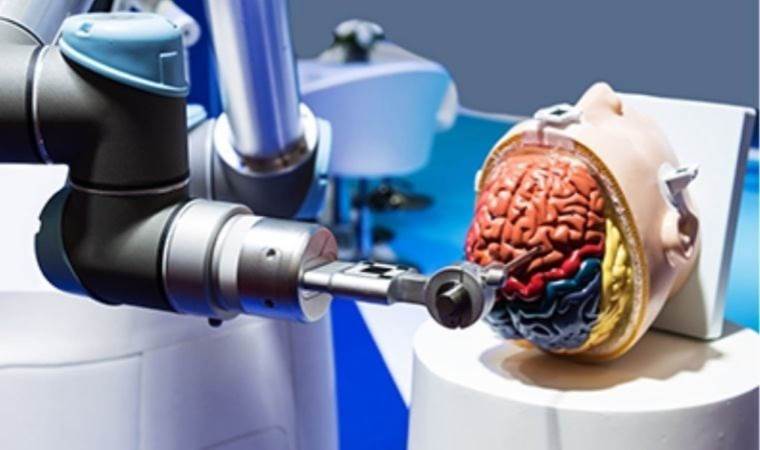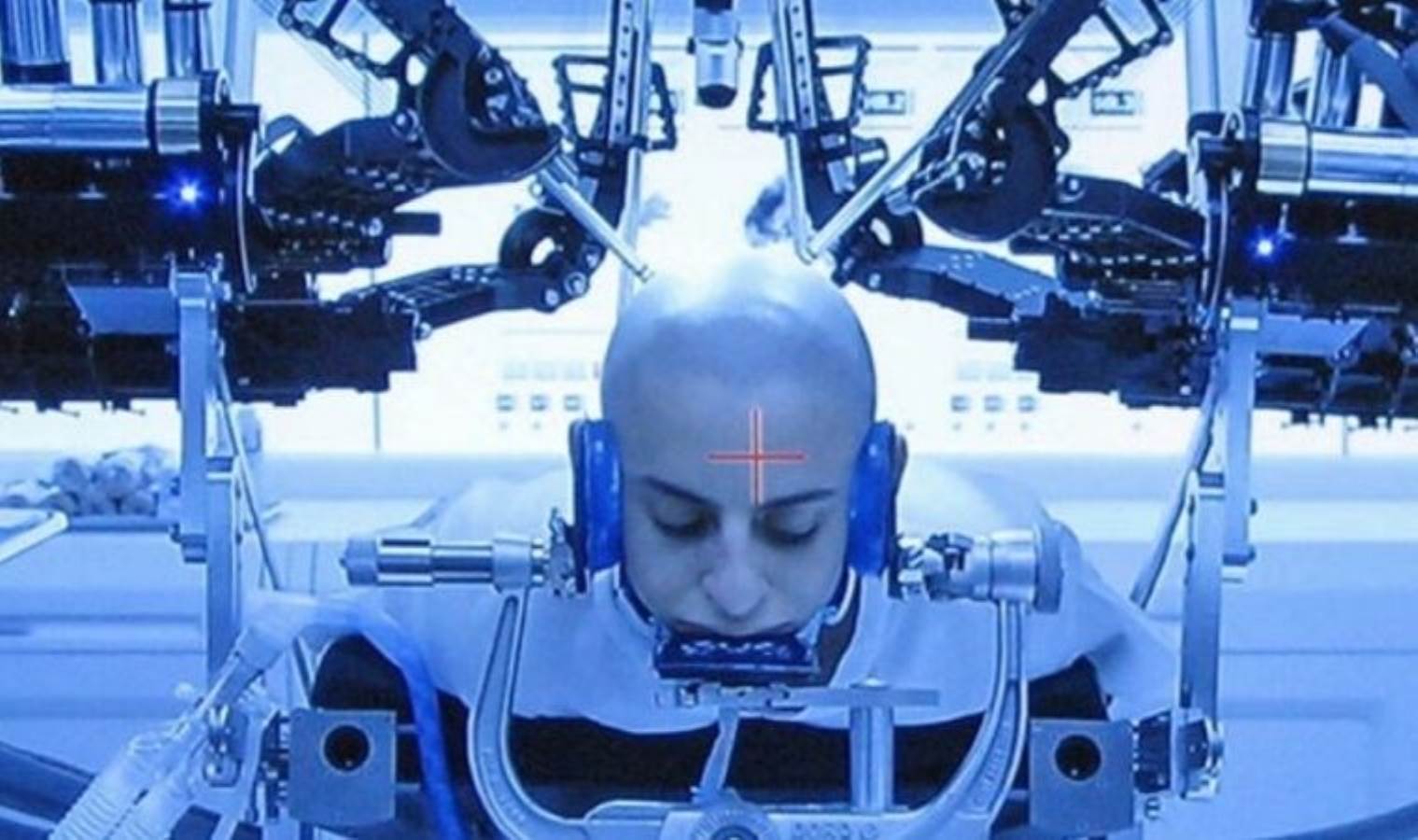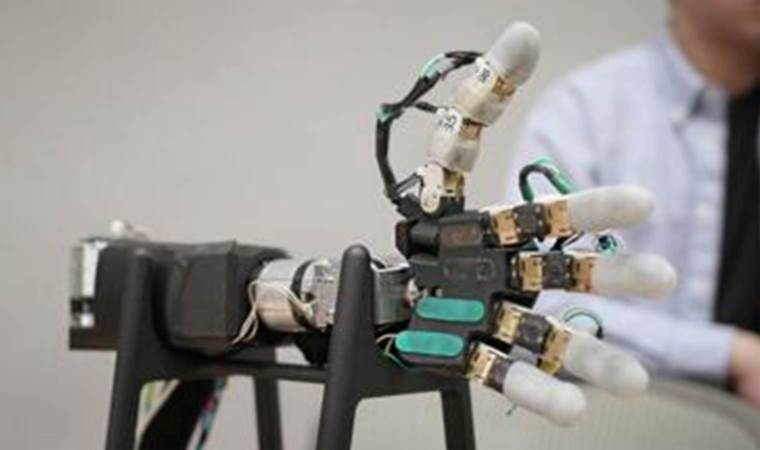AI enhances safety in brain surgery: Experts see major benefits
Experts believe artificial intelligence (AI) can make brain surgery safer, reduce patient complications, and speed up recovery.

Hani Marcus, a consulting brain surgeon at the National Hospital for Neurology and Neurosurgery in London, highlighted the potential of AI in brain surgery, particularly in operations to remove brain tumors. He noted the limited number of surgeons worldwide capable of performing such complex procedures.
AI can be invaluable in assisting surgeons with decision-making, tissue tracking, and risk assessment during operations, making surgeries safer and more effective, Marcus explained.
He emphasized AI's role in facilitating quicker patient recovery with fewer complications, stating, "We believe AI can assist in various ways, such as advising on tool selection, next steps, tissue monitoring, and alerting to risks."
Marcus further explained that AI could analyze a vast amount of surgical data and extensive case experiences beyond doctors' capacity, creating notes and enhancing surgical precision. "AI can help because it has the advantage of seeing many more cases in a single session. We trained AI on 500 videos, equivalent to the experience a surgeon gains over their career," he said.
Marcus anticipates training AI on 10,000 videos in the future, significantly surpassing individual learning capabilities.

Danyal Khan, a neurosurgery trainee and academic clinical researcher, mentioned AI's potential to contribute to new doctors' training. He emphasized the importance of a delicate balance in AI integration to provide relevant information without overwhelming users.
Sophia Bano, an assistant professor in the Computer Science Department at University College London (UCL), discussed her work on training AI as an assistive tool during surgery. Bano highlighted AI's role in identifying critical structures to avoid potential risks and reduce postoperative complications. She stated that AI's guidance could contribute to unprecedented precision in the complex process of brain surgery.
Ongoing research and developments in AI-guided brain surgery promise a potential era of precision medicine with better outcomes for both patients and practitioners.



